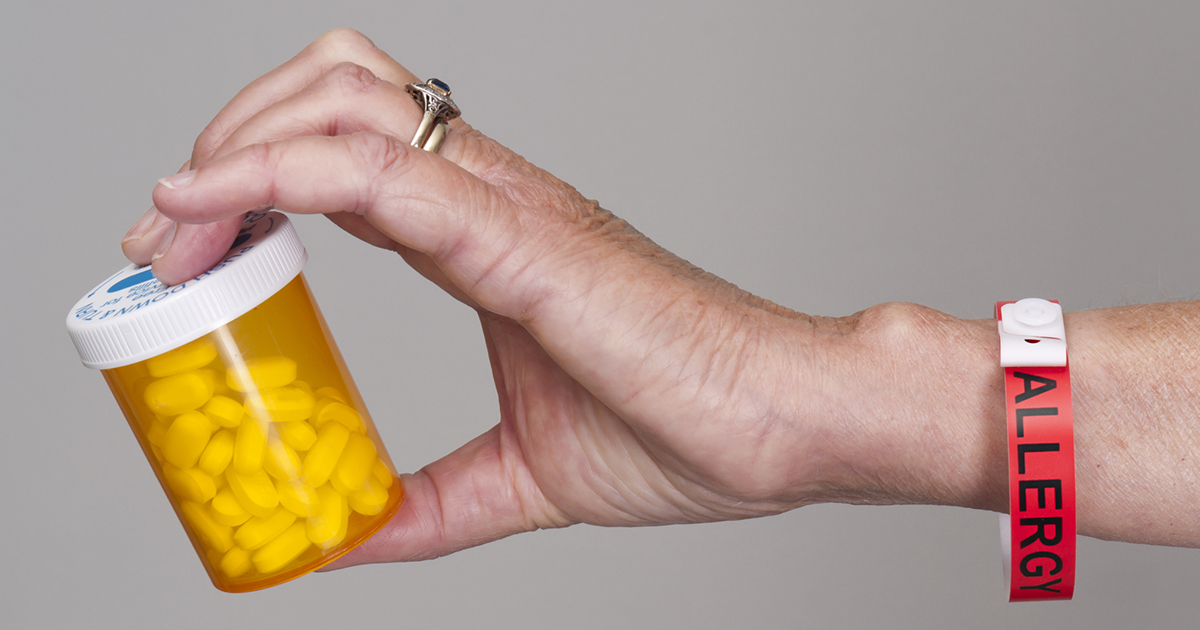Guide To The Conditions Prednisone Treats
Allergic Reactions

An allergic reaction is a set of symptoms that develop because the immune system has an abnormal reaction to a substance that is relatively harmless to the body. Some of the most prevalent allergens known to produce allergic reactions include peanuts, pollen, and eggs. During an allergic reaction, the immune system secretes an influx of antibodies or proteins that instruct cells to release a substance called histamine, which causes blood vessels to dilate and produces several other symptoms associated with allergies. Allergic reactions can occur when an allergen comes in contact with the nose, eyes, skin, mouth, or stomach. A severe allergic reaction that requires hospitalization in most cases is referred to as anaphylaxis. Part of the treatment of anaphylaxis is the administration of antihistamines and corticosteroids. For the immediate dangers anaphylaxis presents, corticosteroids are of little benefit. However, corticosteroid administration is important because it stops what is referred to as a late-phase reaction. Corticosteroids are also more effective for this purpose in individuals who are affected by asthma and also in an allergic crisis. Oral corticosteroids are often continued for several days following the acute allergic reaction.
Discover additional conditions prednisone can treat next.